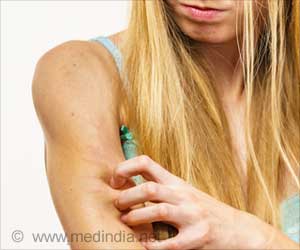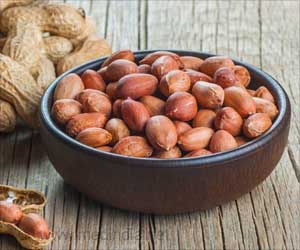A first-line treatment to reduce hyperactivity among kids is to eliminate food colorings and preservatives: Research
Eliminating artificial colours and preservatives from the diets of children with Attention Deficit Hyperactivity Disorder (ADHD) should be considered a first-line treatment to reduce hyperactivity, says an editorial in the British Medical Journal.
Professor Andrew Kemp from the Children's Hospital at Westmead, in Sydney, says there is good scientific evidence that preservatives and colourings increased hyperactive behaviour.However, removing them is still considered as an alternative rather than a standard treatment for ADHD, writes Professor Kemp.
In contrast, despite a lack of evidence for its effectiveness, the use of alternative medicine is widespread-up to 50 percent of children attending tertiary children's hospitals in the UK and Australia have used it in the past year.
Of the three main treatments for ADHD in children-drugs, behavioural therapy, and dietary modification-only drugs and dietary modification are supported by data from several trials. Yet, behavioural therapy, which has no scientific evidence base, is still thought of as necessary for "adequate treatment", Kemp says.
So why, despite evidence to the contrary, does the removal of food additives remain an alternative rather than a standard part of treatment for ADHD, asks Kemp.
Data published in 2007 showed that normal (not hyperactive) children were significantly more hyperactive after they ate a mixture of food colourings and a preservative (sodium benzoate), with obvious implications for children with ADHD.
Advertisement
16 of the studies reported positive effects in at least some of the children. However, the EFSA pointed out that hyperactivity has a wide range of social and biological causes, and exclusively focusing on food additives may "detract from the provision of adequate treatment" for children with the disorder. But, argues Kemp, to discount the accumulating evidence of dietary factors may also do this.
SPH









